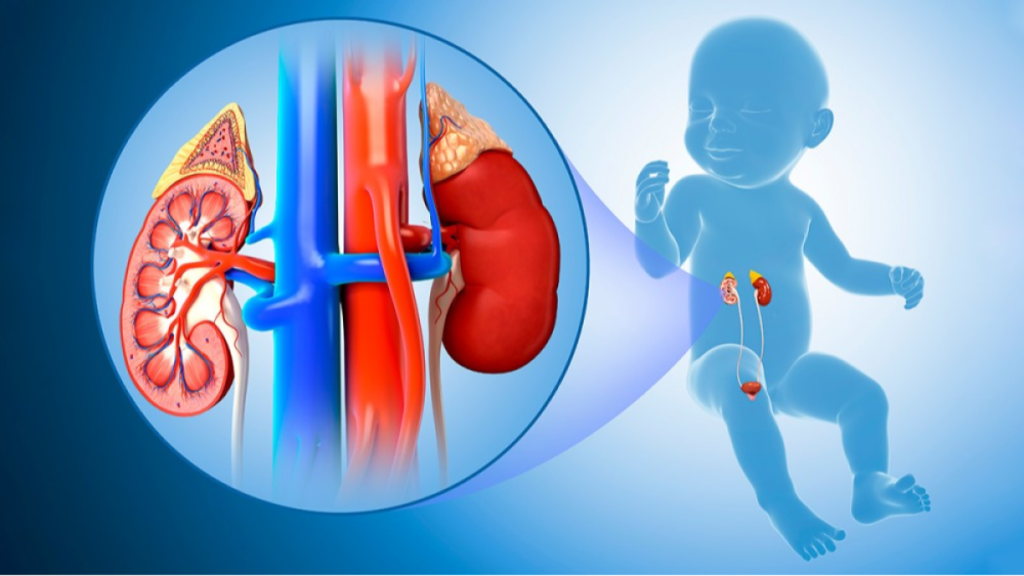The prenatal phase of a baby’s development is an incredible journey, but it can sometimes come with unexpected challenges. Among these are urological issues that are detected before birth. While such diagnoses can be concerning for expectant parents, understanding the nature of these conditions and available interventions often provides reassurance and clarity.
What Are Pre-Birth Urological Issues?
Pre-birth urological issues are abnormalities in the urinary tract or related systems identified during pregnancy, typically through prenatal imaging like ultrasounds. The urinary tract includes the kidneys, ureters, bladder, and urethra, which work together to produce, store, and expel urine. These issues can range from minor conditions requiring monitoring to more complex concerns needing medical or surgical intervention.
Common Pre-Birth Urological Conditions
Several urological conditions may be identified during pregnancy, including:
- Hydronephrosis
- This is the swelling of a kidney due to urine buildup. It is the most commonly detected urological abnormality in fetuses.
- Often caused by an obstruction or reflux of urine, it can range from mild to severe.
- Posterior Urethral Valves (PUV)
- A condition seen in male fetuses where there is an obstruction in the urethra, leading to difficulty in urine outflow.
- It can affect the bladder and kidneys if untreated.
- Multicystic Dysplastic Kidney (MCDK)
- A condition where one kidney develops cysts instead of functioning normally.
- Usually, the other kidney compensates, allowing normal development.
- Bladder Exstrophy
- A rare condition where the bladder forms outside the body.
- It often requires surgical correction after birth.
- Ureteropelvic Junction (UPJ) Obstruction
- A blockage at the junction where the ureter meets the kidney, hindering urine flow.
- Can lead to swelling in the kidney if untreated.
How Are These Issues Detected?
Routine prenatal ultrasounds are the primary method for detecting urological abnormalities. Advanced imaging techniques, such as fetal MRI or detailed ultrasound, may be used for further evaluation. These tests help assess the severity of the condition and plan the next steps.
Implications for the Baby’s Health
The impact of urological issues on a baby’s health varies depending on the severity of the condition:
- Mild cases: Often resolve on their own before or shortly after birth without requiring intervention.
- Moderate to severe cases: May need monitoring, medication, or surgical intervention either during pregnancy or after birth.
- Severe cases: If left untreated, they can lead to complications such as kidney damage, urinary tract infections, or developmental issues.
Treatment Options
Treatment for prenatal urological issues depends on the diagnosis:
- Prenatal Interventions: In rare cases, procedures like fetal surgery or amniotic fluid drainage may be necessary to relieve severe obstructions.
- Postnatal Care: Most conditions are managed after birth through surgery, medication, or ongoing monitoring by a pediatric urologist.
Support for Expectant Parents
Learning that your baby may have a urological issue can be stressful. However, early detection allows for timely medical intervention and improved outcomes. Consider these steps:
- Consult Specialists: Work with a maternal-fetal medicine specialist, pediatric urologist, and neonatologist to understand the condition and treatment plan.
- Stay Informed: Knowledge is empowering. Ask questions and understand the prognosis and available options.
- Emotional Support: Reach out to support groups or counselors to manage anxiety and emotions.
Conclusion
Pre-birth urological issues, though concerning, are often manageable with modern medical advancements. Early diagnosis and a multidisciplinary approach ensure the best possible outcomes for both mother and baby. With the right care and support, most babies go on to lead healthy lives, overcoming these early challenges.

